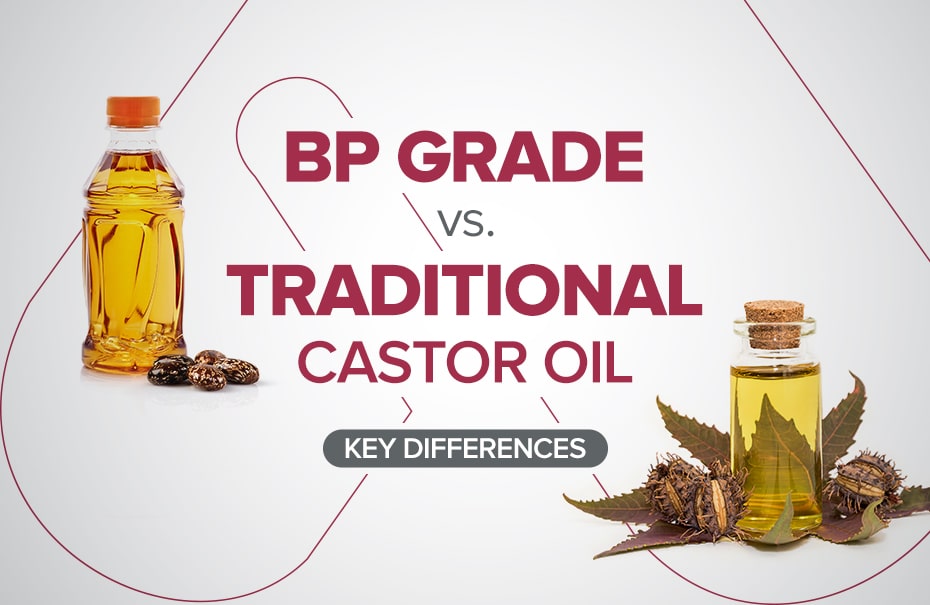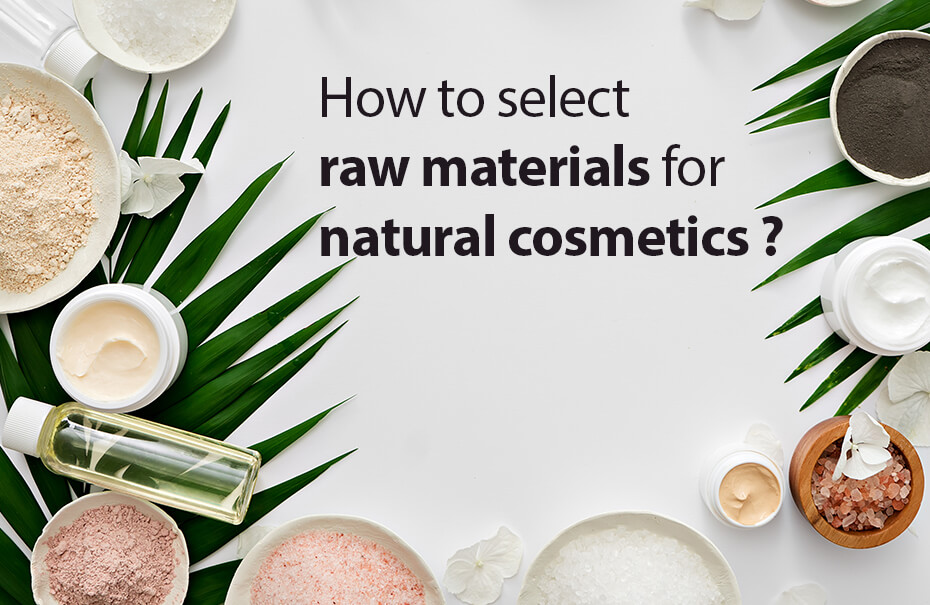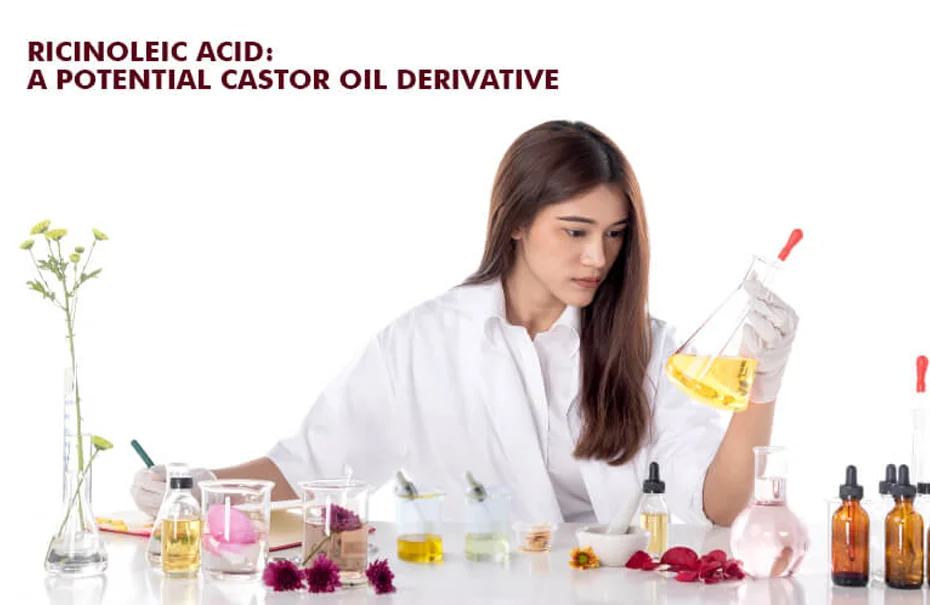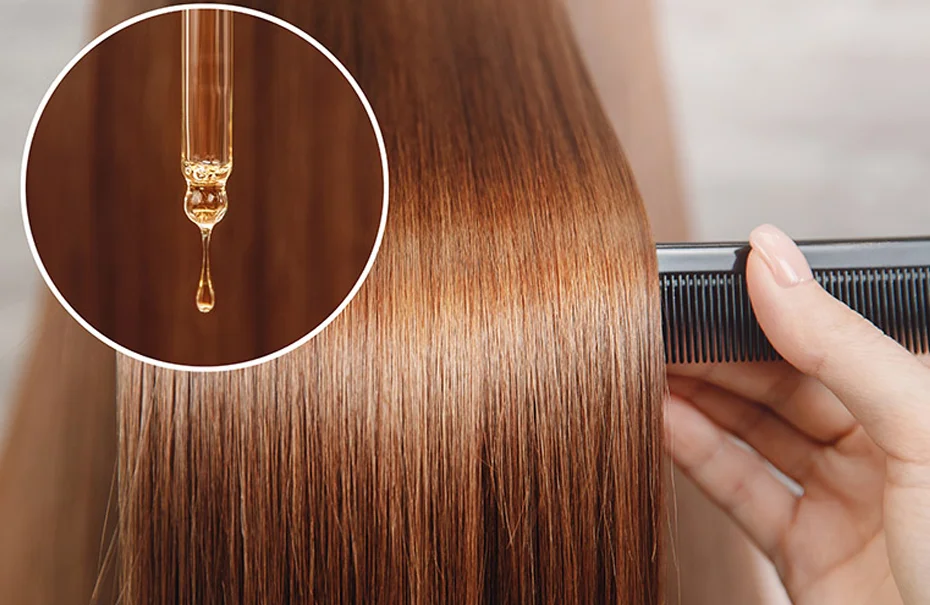BP Grade Castor Oil vs. Traditional Castor Oil: Key Differences Explained

Why is BP Grade Castor Oil vs. Traditional Castor Oil so different? The prime distinction lies in the purity as well as refinement of each type of castor. BP Grade Castor Oil is highly safe and dependable to use in medicine, cosmetics, and medical purposes since it meets the standards of the British Pharmacopoeia (BP).
Conversely, Traditional Castor Oil does not exemplify its natural smell or appearance, and thus it can be used in general industrial applications such as soaps, lubricants, and natural remedies. India’s Trusted castor oil manufacturers, both Traditional and BP Grade Castor Oil manufacturers, can cater to various industry needs.
In case you need a clear understanding of which castor oil suits your product needs, this comparison will assist you in doing so. Let’s have a look.
Key Differences: BP Grade Castor Oil vs. Traditional Castor Oil
#1 Extraction & Refinement: The Process of Making Them
BP Grade Castor Oil
BP Grade castor oil is thoroughly refined to fit the British Pharmacopoeia (BP) rules. Once it has been cold-pressed or extracted using solvents, the oil is then thoroughly cleaned to achieve the correct thickness, clear color, and gentle smell. BP Grade is commonly utilized in pharmaceutical and high-end cosmetic applications and is sought after due to its uniformity and conformity. Also, the market for this oil is under increasing demand, as the BP Grade Castor Oil is estimated to reach USD 2.0 billion in 2033 (CAGR 6.5%).
Traditional Castor Oil
Traditional castor oil, usually made by cold-pressing castor seeds, is less refined. It retains a good deal of the natural color, odor, and fatty acid balance. This contributes to the cost-effectiveness and feasibility of the product to the industries that are in need of castor oil but do not necessarily require extremely high purity.
#2 Chemical Profile: Purity & Performance
BP Grade Castor Oil
BP Grade Castor Oil can be refined to provide a stable composition, particularly of ricinoleic acid, the important fatty acid that renders the qualities of moisturizing, soothing, and softening of the skin in the castor oil.
It also satisfies pharmacopeia criteria in purifying impurities such as heavy metals, peroxide, and acidity.
Traditional Castor Oil
Abundant in natural constituents, usually remaining at 85 to 90% ricinoleic acid, but can contain variable impurities.
It may not be ideal in critical applications because variations may be made with regard to minor constituents and the quality of the oil.
#3 Physical Properties: Colour, Consistency, and Smell
BP Grade Castor Oil
- Very clear, very consistent, and has a pale to light yellow colour.
- Nearly odorless, light texture, perfect in delicate formulations.
Traditional Castor Oil
- It has a white, yellow, or deep amber colour depending on the source and processing of the seed.
- Maintains a light, natural smell and a more viscous texture, potentially affecting formulation touch or end product smell.
#4 Applications and Functional Advantages
The demand has been associated with the global market trend: the global castor oil consumption will increase from 943.65 kilotons in the year 2024 to 1345.33 kilotons in the year 2034. Both BP Grade Castor Oil and Traditional Castor Oil are essential in this growth.
BP Grade Castor Oil
BP Grade Castor Oil is designed to be used in high-precision applications, e.g., pharmaceuticals (including laxatives and delivery of drugs), medical and surgical equipment, high-end cosmetics and personal care products, where highly-regulated standards need to be observed.
Traditional Castor Oil
Traditional Castor Oil is mostly employed in the normal products such as industrial lubricants, soaps, simple cosmetics, and homemade personal-care items, particularly where the price and natural properties are important.
#5 Quality Assurance and Regulatory Standing
BP Grade Castor Oil
- Manufactured with high-quality standards, batch testing, and reporting.
- It complies with international pharmacopeia standards, which makes it easy to have smooth regulatory approvals.
Traditional Castor Oil
- Quality may be different based on the way of processing and supplier practices.
- Frequently needs further in-house quality assurance to be used in regulated sectors.
#6 Sustainability and Environmental Considerations
BP Grade Castor Oil
The manufacturing and purification of BP Grade requires more energy and solvents and this could increase its footprint. Still, the byproducts may still be put in place in a responsible way with the current technology of industrial practices.
Traditional Castor Oil
Traditional Castor Oil, particularly cold-pressed, typically has a lower footprint. The by-product is also seed cake that may be recycled as animal feed or fertilizer, supporting a green production process.
Comparison Table: BP Grade Castor Oil vs. Traditional Castor Oil
| Feature | BP Grade Castor Oil | Traditional Castor Oil |
|---|---|---|
| Refinement | Extremely refined to standards of pharmacopeia | Low refinement, little processing |
| Purity & Consistency | Very high, standardized | Changing purity and consistency in each batch |
| Color & Odor | Pale, light, neutral | Coloured with a little scent or aromatics |
| Ideal Applications | Pharma, regulated cosmetics, medical grade | Lubricants, general cosmetics, and soaps |
| Regulatory Compliance | Completely validated and documented | Needs further testing |
| Environmental Impact | Moderate to greater because of processing | Generally low, sustainable byproduct usage |
Conclusion
The Castor Oil, both BP Grade Castor Oil and Traditional Castor Oil, are differentiated by the different processing of the same seed. This brings about differences in purity, use and consistency. When you want highly regulated products, zero-variation performance, and rarefied quality, BP Grade is the best choice without a doubt. On the other hand, when you appreciate the power of natural processing, eco-friendliness, and affordability, the conventional castor oil can be the best product to use.
We are committed to providing both at Ambuja Solvex (your ultimate traditional and BP Grade Castor Oil manufacturers), high-quality BP grade castor oil that can be used in specialized applications, and traditional castor oil to be used in holistic formulations. Whatever manufacturing vision you have, we possess the right material to take your products to a higher level.
| Ready to Source Premium Castor Oil? Contact now! |
FAQs
- What is the difference between BP Grade Castor Oil and Traditional Castor Oil?
BP Grade Castor Oil is thoroughly refined to British Pharmacopoeia quality, whereas Traditional Castor Oil has little processing done and retains more natural properties.
- What industries do you believe are the typical users of BP Grade Castor Oil?
It is common in medicine, cosmetics, and the pharmaceutical industry, where it is quite important to be purified, safe, and compliant with regulations.
- What makes Traditional Castor Oil apt for basic uses but not for controlled applications?
Yes, Traditional Castor Oil can be used in soaps, lubricants, and simple cosmetic products, but it lacks the consistency needed in controlled industries.
- Which are trusted manufacturers of BP Grade Castor Oil?
Ambuja Solvex is one of the top manufacturers of BP Grade Castor Oil, that manufactures high-quality oils as per pharmaceutical and cosmetic grades.



